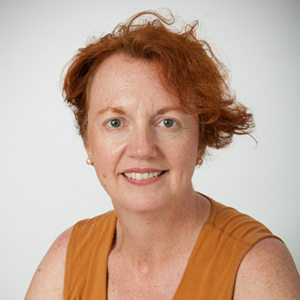
Published: 07 September 2020
Dr Helen Walters, an NIHR Public Health Consultant Advisor, introduces four newly launched public health research teams, contracted under the PHIRST scheme, to enable local authorities to rapidly evaluate interventions aiming to improve health and tackle health inequalities in their areas.
When I was a Director of Public Health in London I knew that my team were delivering innovative schemes that affected large numbers of people. Our hope was that the schemes would improve health and reduce the health inequalities experienced by some highly deprived populations. But we didn’t really know whether they were achieving this.
Did the Healthy Schools programme working across more than 1,500 schools in the capital improve the health of thousands of children? Did the Healthy Workplace award scheme improve sick leave levels for London’s employers? Would getting the Healthy Streets approach into the heart of the Mayor’s Transport Strategy make any difference to physical activity levels in the city?
We were basing these schemes on the little evidence that was available, but we could not find a way to get them evaluated to build that evidence-base any further. Public health practice in local government is mainly distant from academic public health research. Local government does not have a culture of undertaking research. It moves fast, and does not have routes into research funding. Golden opportunities to learn and evaluate were being lost.
The PHIRST Scheme
The NIHR’s Public Health Research programme (PHR) is experimenting with a new scheme to try and solve this conundrum – the PHIRST scheme. PHIRST stands for Public Health Intervention Responsive Studies Teams. The idea is that the PHR contracts with four academic teams who are ready and waiting, fully-funded, to evaluate schemes that are happening in local government across the UK.
The timing could probably not have been worse but somehow, despite pestilence and lockdown, we have managed to appoint four teams, and to match them up with four local authorities that are keen to have their schemes evaluated. Issues include:
- free school breakfast clubs in Hammersmith and Fulham
- citizen-informed design of employment support in Fife
- remote provision of drugs and alcohol services in Leeds
- reducing exposure to adverts for foods that are high in fat, salt and sugar (HFSS) on a local transport system
The PHIRST teams are led by prominent public health researchers: Ashley Adamson (Newcastle University), Susie Sykes (London South Bank University), Rona Campbell (University of Bristol), and Katherine Brown and Wendy Willis (University of Hertfordshire). They will work closely with each local authority to co-create the evaluation with the heavy lifting being undertaken by the PHIRST teams and fully funded by the NIHR, starting in September.
Timely and accessible research for local authorities
And in a few months the PHR programme will go out to Directors of Public Health and ask for more schemes to evaluate, so we can keep the PHIRST teams busy. If it works the plan is to make this a rolling programme.
Local authorities have huge opportunities to influence health and health inequalities but without an evidence-base they cannot maximise these opportunities. The hope is that this scheme will provide timely and easily accessible evaluations for those who are still hard-pushed Directors of Public Health so that, in the future, there will be an evidence-base.

Dr Helen Walters, NIHR Public Health Consultant Advisor
For more information please email the PHR programme on phr@nihr.ac.uk

